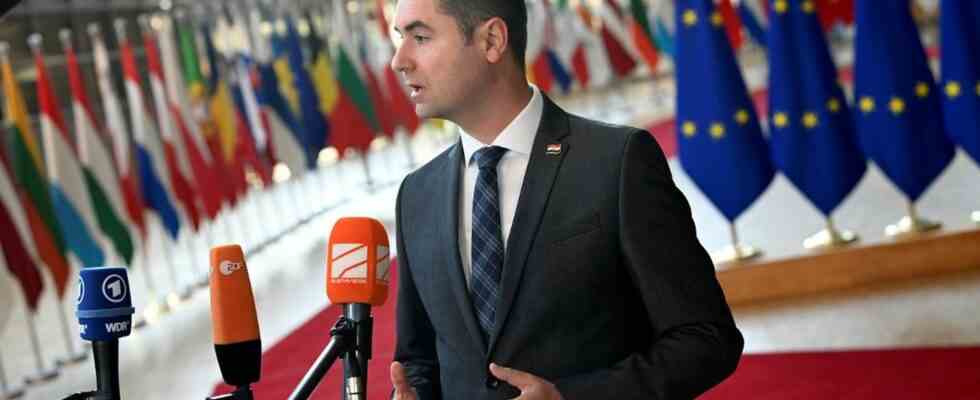The European Union has reached an agreement on emergency measures to help households and businesses deal with soaring energy prices, the Czech Presidency of the Council of the EU announced on Friday 30 September. These measures consist in recovering part of the super-profits of energy producers to redistribute them to consumers, and in reducing the demand for electricity at peak times.
agreement to #Brussels on the #Energy :
-reduction of consumption during peaks
-taxation of the superprofits of low-cost electricity producers -solidarity contribution of fossil energy producers@infofrance2 @infofrance3 @franceinfoplus #energy #EU https://t.co/U3Bimot4Oe— Julien Gasparutto (@jugasparutto) September 30, 2022
In details, the revenue cap concerns nuclear and renewable electricity producers (wind, solar, hydroelectric). The ceiling is set at 180 euros per megawatt hour and the difference between this level and the wholesale market price must be recovered by the States to be redistributed to households and businesses. A “temporary solidarity contribution” also applies to producers and distributors of gas, coal and oil. In total, revenues of around 140 billion euros could thus be donated, according to the President of the European Commission, Ursula von der Leyen.
Moreover, the agreement provides a binding target to reduce their electricity consumption “by at least 5%” during peak hours. The Twenty-Seven are also called upon to reduce their monthly electricity consumption by 10%, an indicative objective.
A majority of Member States – fifteen, including France, Belgium, Italy and Spain – further believe that it is necessary to tackle the “most serious problem”. They are calling for a cap on wholesale gas prices on the European market. These countries want the measure to apply to all gas imports, not just those from Russia.
Several countries, including Germany, are reluctant to introduce such a measure, fearing that limiting prices will threaten European supplies by dissuading “reliable partners” such as Norway or the United States to deliver gas to the EU for the benefit of other destinations. Estonian Economy Minister Riina Sikkut also spoke out against the idea, saying “gas availability and security of supply were more important than price”. This decision should be decided at a summit of the leaders of the Twenty-Seven on October 7 in Prague, and a new meeting of energy ministers on October 11-12.

